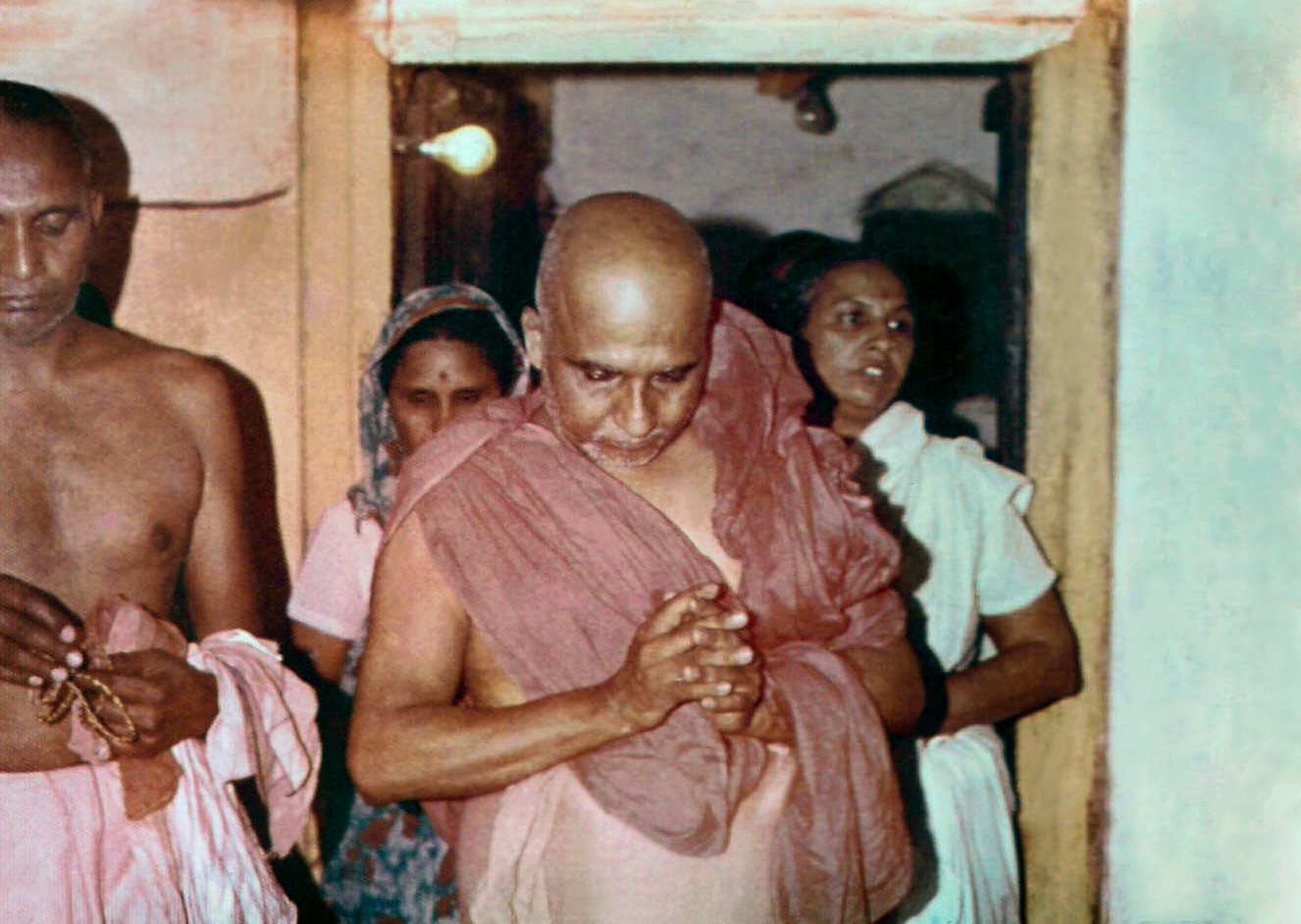The Philosophy of the Bhagavadgita : 12.3. - Swami Krishnananda.
==============================================================
Wednesday, 06 Sep 2023 06:45.
Chapter 12: God and the Universe - 3.
================================================================
What sort of subject is it that conditions the object? It is not 'my' mind or 'your' mind, and there seems to be a Total Mind which extends far beyond the ken of the individual minds, not only in quantity but even in quality—a subject which is outside the scope of our present studies. This is referred to in the verses of the Bhagavadgita when the word 'manah' or the 'mind' is mentioned in this context. The mind is superior to the physical elements. We would be surprised to hear that the mind is superior to the elements. And a little common sense will tell us that it cannot be 'our' mind that is mentioned here, because nobody can say that our mind is superior to the whole physical cosmos. Naturally, we have to identify this 'mind' with the Cosmic Mind. There is, then, the buddhi, the Cosmic Intellect, known also as the mahat in the Samkhya.
There is, again, the ahamkara, the Cosmic Self-Sense. The mahat, the Cosmic Understanding, or Intelligence, is above the ahamkara, according to the Samkhya, and beyond that the indescribable continuum, the avyakta, as it is called, the prakriti of the Samkhya, beyond all which is the Supreme Resplendence of the Absolute—call it purusha or by any other name according to the schools of thought. These are, broadly speaking, the constituents of the entire layers of the cosmos. These are the eight forms of prakriti, according to the Bhagavadgita, though the Samkhya classification differs here in the manner of the gradations and specifications of these principles.
Beyond all these forms of prakriti there is a Higher Element which regulates the operation of these lower elements, which is the Principle of God Himself working in a mysterious manner. Though everything is caused by the permutation and combination of these principles mentioned already, they are regulated and operated by the will of a Superior Principle, which, in religious or theological parlance, we call the Power of God; the Shakti of the Creator, Preserver and Destroyer, the Energy of the Absolute. Nothing outside this Being can ever be. Everything is subsumed under this Great Reality, so that the Samkhya of the Bhagavadgita overcomes the difficulties of the dualism of the classical Samkhya. The purusha and the prakriti of the Samkhya are subsidiary to the Supreme Being of the Bhagavadgita. They are like the Attributes mentioned by Spinoza in his metaphysical theology of the Supreme Substance. They are spiritual categories and not merely qualities in the ordinary empirical sense. This is the All-in-All Being.
*****
To be continued
================================================================








Comments
Post a Comment